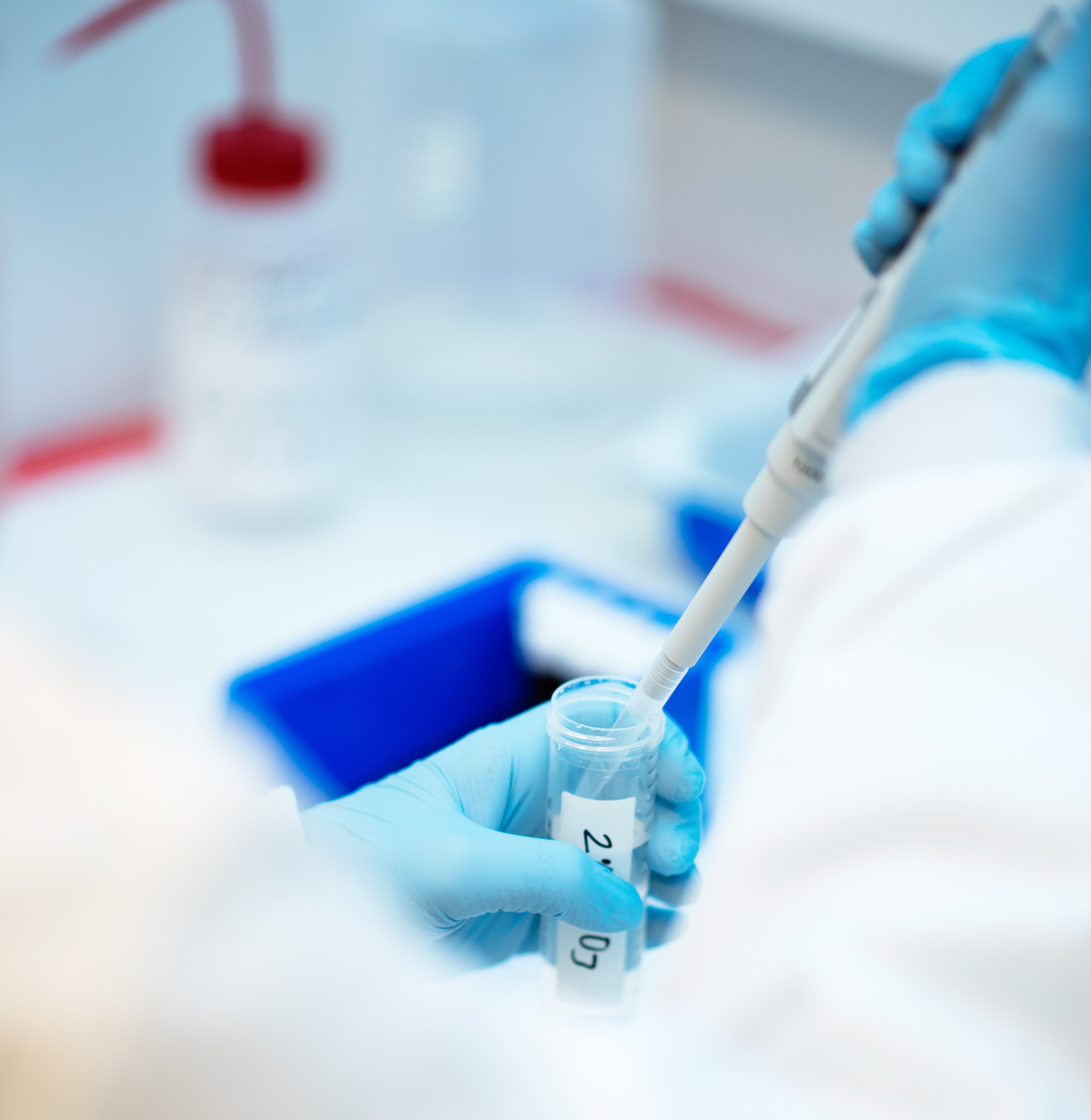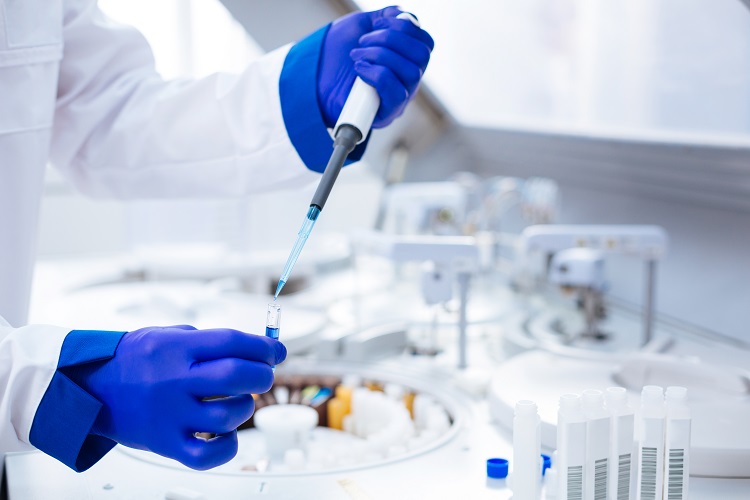By the Lab Equipment Maintenance Core Lab team and Caitlin Clark
Pipettes and pipette tips are indispensable tools in labs and life science research, and—as all good scientists know—to avoid experimental error, researchers must carry out correct pipetting techniques. Understanding proper liquid handling techniques is also becoming increasingly important as assays involve smaller and smaller volumes.
To improve the KAUST research community’s knowledge and skills in liquid handling, Core Labs and Research Infrastructure’s Lab Equipment Maintenance (LEM) team brought to campus the PCS® Pipette Calibration System produced by Artel, a laboratory resources company. Researchers at KAUST are now expected to carry out their own pipette calibrations using the on-campus PCS® instrument. The PCS® enables users to easily calibrate pipettes; perform interim verifications of pipette performance; standardize operator skills; and manage the pipette inventory.
“LEM searched for a long-term pipette self-calibration system solution, and we were finally able to put the PCS® into place,” said Jason Serin, LEM manager. “The beauty of the PCS® is that it provides significant improvement in the accuracy and quality of results.”
On November 9, LEM organized “Pipetting - The Unexplored Aspects,” a half-day webinar focusing on pipette self-calibration using the PCS®; improving liquid handling skills; and proper pipette and pipette tip selection, maintenance and use for 94 attendees from across KAUST.
A key component of the event was an introduction to and live demo of the PCS® system by Serin. LEM partners Eppendorf and VWR International, global companies involved in the development and distribution of pipetting tools and other laboratory products, also participated in the event. Their liquid handling experts shared knowledge of all major aspects of pipetting that contribute to the improvement of experimental results. Attendees also learned about new pipetting tools and solutions available from Eppendorf.
“Enthusiasm for the PCS® from the KAUST research community has so far been overwhelmingly positive,” noted Serin. “If a pipette should fail calibration using the PCS®, LEM will clean, repair and calibrate the pipette. LEM will also continue to maintain and calibrate pipettes for the KAUST research community that dispense volumes larger than 5 milliliters and multi-channel pipettes. If researchers do not wish to use the PCS® instrument, they may have their pipettes calibrated and maintained by an external representative from Avantor, VWR’s parent company, in the Netherlands.”

A KAUST researcher uses a pipette in a laboratory on campus. Good liquid handling skills are crucial for carrying out life science research. File photo.
“The liquid handling event was very successful,” said Edwin Montas, LEM calibration specialist. “Attendees acquired up-to-date knowledge in pipetting techniques and learned how to use the PCS® technology, understanding how it will benefit daily lab operations.”
“The number of attendees exceeded our expectations, and the knowledge transferred to them will improve the quality of their lab work,” he continued. “A KAUST researcher remarked to us after the event that he learned he has been pipetting incorrectly for four years.”
“Thank you to LEM for putting in place another tool for lab users,” said event attendee João Cúrdia, a research technician from the KAUST Red Sea Research Center. “It is very important that people at all levels—from professors and researchers to students—make informed decisions about which lab equipment to use and why. The liquid handling presentations were important for people to learn and refresh concepts and to have an update on available tools that improve KAUST’s research efforts. Well done for putting the presentations together with the partners!”
“The training experience will be useful in my work,” added attendee Bronagh Hogan, a lab manager from the University’s Biological and Environmental Science and Engineering division. “The most interesting and important aspect was learning about the new PCS® system, which will positively impact our lab scientists.”
“LEM is currently evaluating the possibilities of expanding the PCS® by acquiring a multi-channel pipette calibration system, but this is still under evaluation,” noted Montas. “In the future, we plan to hold a follow-up liquid handling event that may cover multi-volume transferring. We also expect other KAUST labs may follow LEM’s example and acquire the PCS® for themselves to manage their own calibrations and asset inventories.”
“The LEM team will continue supporting the KAUST research community with events like the liquid handling webinar and technologies like the PCS®,” Serin said. “Through the LEM Academy, which delivers short course training programs about scientific instruments for KAUST students, postdoctoral fellows, scientists and technical staff, we hope to deliver similar webinars not only for our KAUST audience but also for a wider audience in Saudi Arabia. This way, our knowledge of laboratory technologies can best benefit the Kingdom.”

